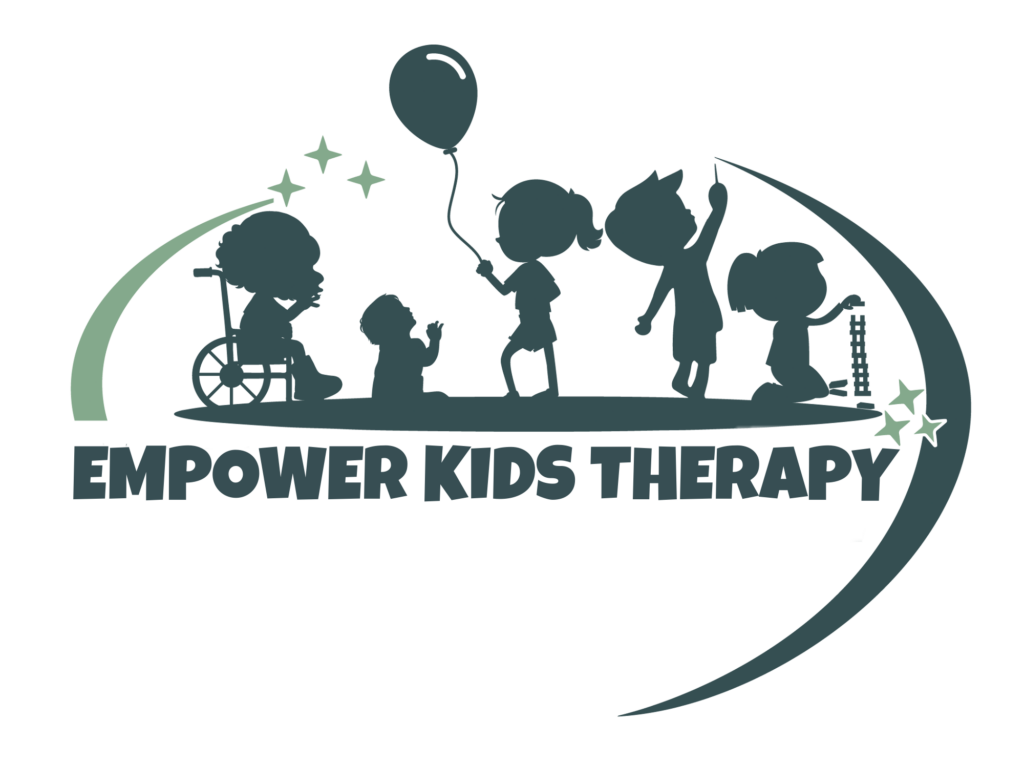My child has autism. His biggest hurdles are social interactions and speech…. I became tired of the constant fights during IEP meetings and decided to homeschool. He’s doing marvelously well academically, but I worry about his social interactions. Did I make the right choice?
While homeschooling offers numerous benefits, one area that can present challenges is ensuring children receive adequate social interactions. Social engagement is crucial to a child’s development not only for building friendships but also for fostering skills like problem-solving, emotional regulation, and effective communication. Let’s explore how you can incorporate them into your family’s life, whether homeschooling your child or not!
Why Are Social Interactions Important for Children?
Children are inherently social beings, and engaging with peers and other individuals helps them develop key life skills. Here are some of the critical benefits:
- Emotional Development: Social interactions allow children to recognize and express emotions, understand the feelings of others, and develop empathy.
- Communication Skills: From negotiating during a game to collaborating on a project, children learn to articulate their thoughts and listen actively.
- Problem-Solving Abilities: Peer interactions often involve conflicts or challenges, whether deciding the rules of a game or resolving a disagreement. These moments help children develop critical thinking and compromising skills.
- Self-Regulation: Playing and interacting with others lets children practice waiting their turn, sharing resources, and managing their emotions when things don’t go their way.
- Building Confidence: Positive social experiences can help children feel valued and supported, boosting their self-esteem and sense of belonging.
In life, we are part of a larger community. Though family time is vital, we cannot deny the importance of children practicing how to exist and interact outside of the home with both familiar and unfamiliar faces. The earlier in life we introduce our children to these environments, the easier it becomes later in life.
Challenges of Socialization in Homeschooling
Homeschooling families often face unique challenges when it comes to socialization. Unlike traditional school settings, where children are automatically surrounded by peers, homeschooling requires intentional efforts to create social opportunities. Without these, children might miss out on diverse interactions or struggle to build their social confidence.
Practical Tips to Foster Social Interaction
Fortunately, there are many creative ways to ensure your child thrives socially while being homeschooled. Here are some strategies:
- Join Homeschooling Groups or Co-Ops: Homeschooling groups often organize regular meetups, classes, or field trips. These are excellent opportunities for your child to interact with peers in a structured yet flexible setting. Co-ops also allow children to work collaboratively on projects and participate in group learning experiences.
- Encourage Extracurricular Activities: From sports teams to art classes and music lessons, extracurricular activities are a wonderful way for children to build friendships while exploring their interests. Many communities offer programs that welcome homeschoolers.
- Organize Playdates: Arrange regular playdates with other families. These can be unstructured—like free play in a park—or more organized, such as a board game afternoon or a science experiment session.
- Volunteer Together: Volunteering allows children to interact with people of all ages while contributing to their community. Look for opportunities that align with your child’s interests, such as helping at an animal shelter, participating in a community garden, or organizing donations for a local food bank.
- Incorporate Teamwork into Learning: Create opportunities for collaborative projects, even within your household. If you have multiple children, they can work together on tasks like building a model or conducting a science experiment. Alternatively, invite another homeschooling family to join in.
- Utilize Community Resources: Just because you are homeschooling does not mean you are limited to ONLY schooling in your home! Take advantage of libraries, museums, and community centers. They can often host educational events or workshops. These settings provide valuable chances for children to engage with their peers while expanding their knowledge.
Supporting Your Child Through Social Challenges
If your child is shy or struggles with social interactions, don’t worry. Getting comfortable outside of the home can be scary! And it takes time. Start small and gradually increase the level of engagement. Here’s how you can help:
- Model Positive Social Behavior: Show your child how to introduce themselves, ask questions, and express kindness. Initiate the initial interaction with peers to help your child enter into play.
- Celebrate Small Wins: Acknowledge and praise your child’s efforts to engage socially, even if it’s just saying hello to a new friend.
- Toys: Bring a favorite toy or item to your new environment. It can help foster new interactions through your child’s sharing information about the toy or the toy itself.
- Take Breaks: If you see your child struggling during these social interactions, cue them to take a break with you. Re-center, and then re-engage.
- Debrief After: Discuss ways your child could have improved their interactions after, provide options for their engagement.
To Wrap It All Up
Homeschooling provides the flexibility to create a truly personalized learning environment for your child. With thoughtful planning, you can ensure that social development is a central part of that experience. By fostering opportunities for meaningful interactions, you’re not only helping your child build friendships but also equipping them with essential skills that will serve them throughout their lives. Remember, the goal isn’t just about the quantity of social interactions but the quality of connections and experiences. With a little creativity and effort, your homeschooling journey can be as socially enriching as it is academically rewarding.









